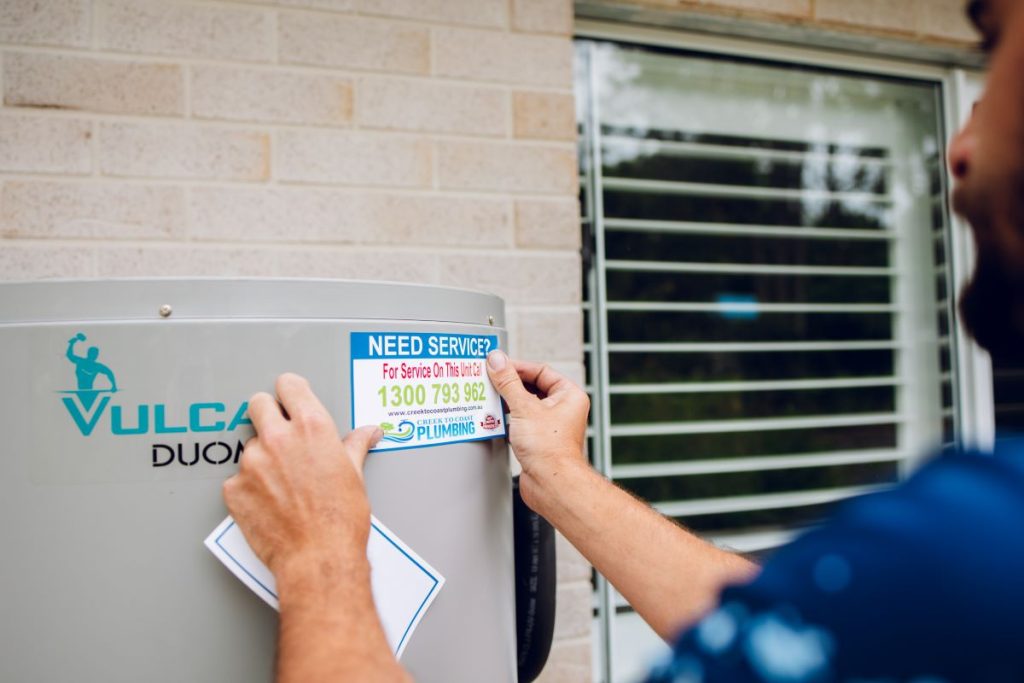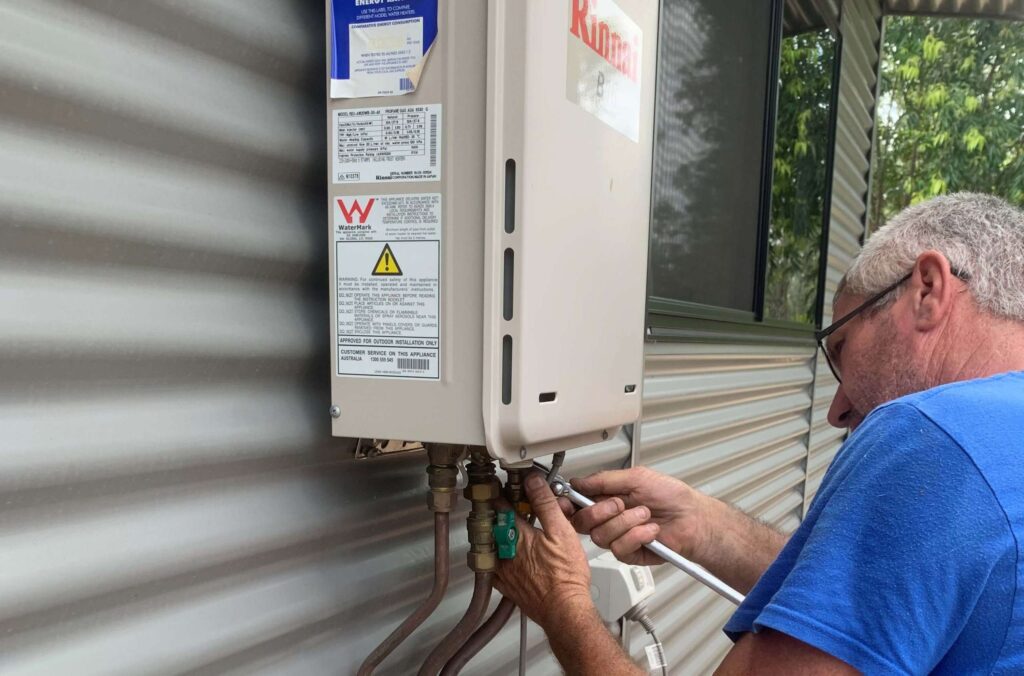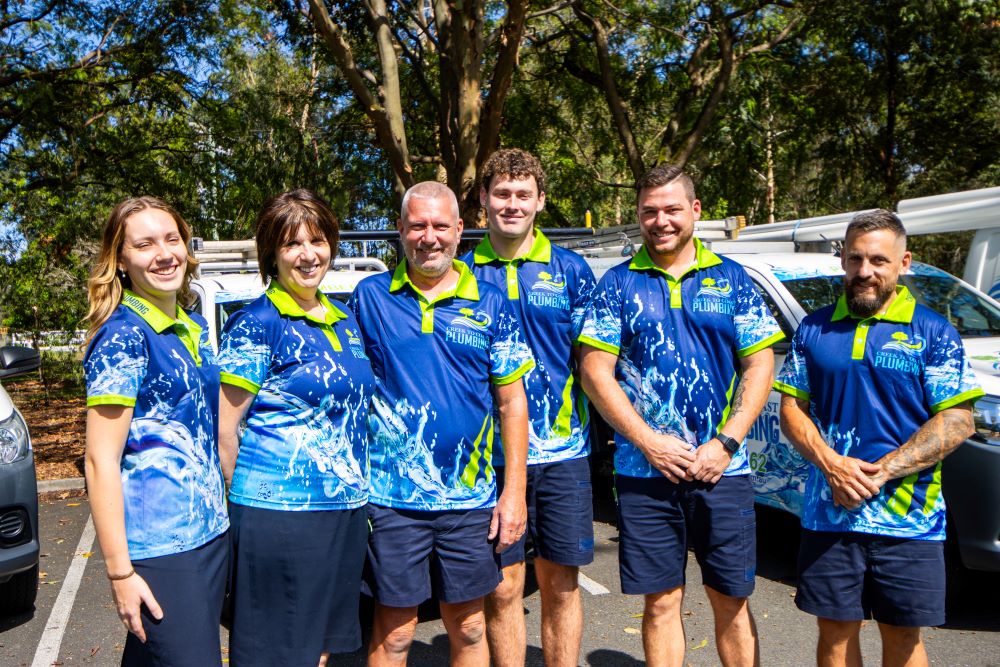If you are considering the installation of a solar hot water system in Queensland, it is essential to familiarise yourself with the concept of booster systems. These systems play a pivotal role in ensuring your hot water supply is both efficient and reliable. You might wonder whether they are truly necessary for your solar hot water setup, and the potential repercussions of omitting such a crucial component. Addressing these questions is vital for anyone aiming to enhance their hot water efficiency and overall comfort at home.
The answer is a resounding yes — a booster is indeed essential. In this comprehensive guide, we will delve into the operational mechanics of solar hot water systems, the specific circumstances that necessitate the use of boosters, and the critical information that homeowners in Queensland should be aware of to circumvent unexpected cold showers and guarantee a dependable hot water supply throughout the year.

Uncover the Importance of Boosters for Your Solar Hot Water System
A booster serves as a vital secondary heat source, typically powered by either electricity or gas, which effectively heats your water supply when solar energy falls short. This capability is crucial for guaranteeing a consistent supply of hot water, especially during various scenarios such as:
- Overcast or rainy days when solar energy availability is limited
- Early mornings or late evenings when sunlight is scarce
- Winter months characterised by reduced daylight hours, which can impede solar gain
- High-demand situations, such as during additional showers or laundry loads
In the absence of a booster, your solar hot water system may struggle to provide consistent hot water, particularly during peak usage times or adverse weather conditions. Therefore, comprehending the integral role of a booster is indispensable for maximising your hot water experience and ensuring comfort in your home.
Making an Informed Choice Between Electric and Gas Boosters for Maximum Efficiency
Electric Boosters are commonly installed in residences that rely solely on electricity for their energy needs. These systems automatically heat the water whenever the solar input dips below a predetermined level. The benefits of electric boosters include:
- Widespread availability and straightforward installation, making them a popular choice among homeowners
- Lower initial installation costs compared to gas systems, making them budget-friendly
- Automatic operation ensures hot water availability, enhancing convenience for users
- Potentially higher running costs, which can vary based on your energy tariff structure
In contrast, Gas Boosters are typically favoured in homes that already have a gas supply. They provide on-demand heating, meaning they only activate when hot water is needed. The advantages of gas boosters include:
- Rapid and efficient heating capabilities, delivering hot water quickly
- Generally lower running costs compared to electric boosters, offering potential savings
- Higher initial installation costs if a gas connection is not in place, which should be considered
For households with continuous-flow needs or those transitioning from off-grid solar systems, we strongly recommend considering gas boosters due to their superior efficiency and performance benefits, ensuring that you have a reliable hot water supply.
Understanding How Solar Boosters Integrate Seamlessly with Your Hot Water System
Most solar hot water systems are equipped with a thermostat or sensor that consistently monitors the water temperature. If the temperature falls below the required level—typically set at 60°C for health compliance—the booster automatically engages to guarantee that you always have access to hot water, irrespective of external conditions.
Homeowners can choose between two distinct options:
- Manual Boosting: This allows you to control when to activate the booster system, giving you flexibility and control over your hot water supply.
- Automatic Boosting: The system activates the booster only when necessary, providing enhanced convenience and peace of mind for users.
In Queensland, automatic boosters are more commonly utilised due to their compliance with local regulations and the convenience they provide for homeowners, ensuring a reliable hot water system and peace of mind.

Essential Regulations Governing Solar Hot Water Systems in Queensland
Indeed, according to the Queensland plumbing regulations, it is mandatory for a compliant solar hot water system to reliably deliver hot water throughout the entire year. This requirement inherently signifies that a booster is essential for compliance and reliability.
This regulation also serves an important safety standard. To mitigate the risk of harmful bacteria such as Legionella proliferating, hot water must consistently reach at least 60°C. Without a booster, maintaining this temperature becomes challenging, particularly during cloudy or cold days when solar input is insufficient, putting your health at risk.
Identifying Common Issues with Your Solar Booster System
How can you ascertain whether your booster is malfunctioning? Look out for these common indicators:
- Water that remains lukewarm during the colder winter months, indicating insufficient heating
- Experiencing cold showers in the mornings, even after sunny days, suggesting a problem with the system
- System fault lights or error codes appearing on your unit, indicating potential issues needing attention
- Hot water only available after prolonged exposure to sunlight, suggesting inadequate heating performance
What steps should you take?
If your system is not performing as expected, the issue may lie with the booster rather than the solar panels themselves.  Schedule a comprehensive system check with our professional team to efficiently identify and resolve any issues.
Schedule a comprehensive system check with our professional team to efficiently identify and resolve any issues.
Recommended Service Intervals for Maintaining Solar Boosters
To ensure your solar system and booster operate at peak performance, we recommend scheduling maintenance every 2–3 years. However, you may need to have it serviced sooner if you observe the following:
- Your system is older than five years, which can lead to a decline in efficiency
- Inconsistent water temperatures, indicating potential malfunctions that need addressing
- A significant amount of time has passed since the anode rod or valve was inspected, which can adversely affect performance
Regular maintenance not only aids in preventing breakdowns but also ensures that your booster activates when required, providing you with consistent hot water at critical times.
Assessing the Impact of Boosters on Your Energy Costs
A properly installed and well-maintained booster system typically has a minimal impact on your energy bill, particularly when compared to systems that depend solely on electricity for heating water.
To reduce the frequency of booster usage and associated costs, consider implementing the following strategies:
- Install a timer for manual boosters to optimise energy usage effectively
- Utilise hot water primarily during daylight hours when solar energy is plentiful and cost-effective
- Insulate your pipework to minimise heat loss, thereby enhancing overall efficiency
Professional Guidance for Your Solar Booster Needs in Queensland
We provide comprehensive services for the supply, installation, and maintenance of solar hot water systems with boosters across Caboolture, Moreton Bay, and North Brisbane. If you are uncertain about the functionality of your booster or require assistance in selecting the best type for your system, we are here to support you in navigating your options.
 Contact a licensed solar plumber today for expert advice on your system.
Contact a licensed solar plumber today for expert advice on your system. Explore detailed cost comparisons and various system types here to make an informed decision.
Explore detailed cost comparisons and various system types here to make an informed decision.

Frequently Asked Questions About Solar Boosters Addressed
Can I switch off my booster to save energy?
Yes, you can, but this is only advisable if your system allows for manual control. However, proceed with caution—without proper monitoring, the risk of experiencing cold water increases significantly, especially during periods of high demand.
What is the ideal temperature for hot water storage?
Hot water should reach at least 60°C for storage systems. This temperature is not only a legal requirement but also a vital health standard in Queensland to ensure safety and prevent the growth of harmful bacteria.
Is it possible to add a booster to an existing solar system?
Absolutely! We can retrofit boosters onto compatible systems or assist you in upgrading to a new model that features integrated control for enhanced functionality and efficiency. This ensures you make the most out of your solar hot water system.
The Article: Solar Hot Water Systems: Is a Booster Necessary? first appeared on https://writebuff.com
The Article Booster for Solar Hot Water Systems: Is It Needed? Was Found On https://limitsofstrategy.com


Your emphasis on the necessity of booster systems in solar hot water setups is noteworthy. It strikes me that in a state like Queensland, where sunny days are plentiful, the integration of such technology can seem counterintuitive to some. However, your argument about avoiding cold showers strikes a personal chord. I recall a friend’s disappointing experience with a solar system during an unexpectedly cloudy week in winter, leading them to realize too late the importance of a booster.
You bring up a solid point about the perception of solar hot water systems in sun-soaked Queensland. It’s easy to fall into the trap of thinking that all that glorious sunshine should be our constant friend, never casting us in a chilly shadow. But, as your friend’s winter week showed, even the sun takes a holiday now and then.
“I’m glad my points resonated with your experience! If you’re curious about how to ensure consistent hot water, check out this resource for more insights on solar hot water systems and booster options.”
https://chandelierjackson.com/eComToolkit